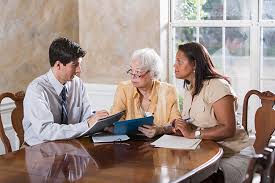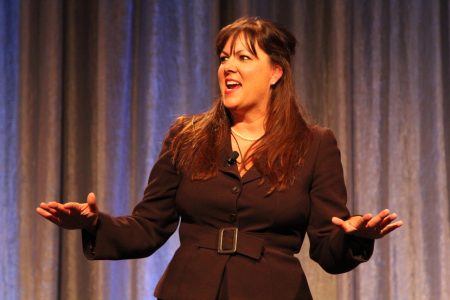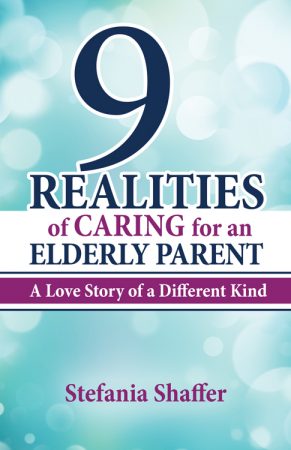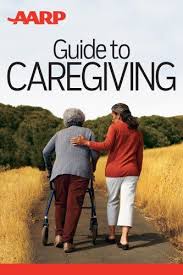 How Did Hildy Get Her Good Death?
How Did Hildy Get Her Good Death?
A good death is not far from a storybook ending. It’s a real term hospice nurses will share with you when you are fraught with worry over what is about to happen to your parent as the dying process begins. The way it was explained to me is that a good death occurs when the person has tied up all of his or her loose ends and can exit this world feeling—well, unencumbered.
This means relationships have been mended where needed. There is a sense of peace that finances are in order. Attics have been cleared, items of sentimental value have been designated and everyone is on the same page with your wishes to be carried out beyond your demise.
Hildy is my neighbor. Was my neighbor. She just died. She was the very first person I had over for tea when I moved into this neighborhood a few years ago, something we continued to do, and luckily for me, something we were able to do for the last time at her house two weeks before she passed away.
I am sad she is no longer here, but I am so impressed by how well she planned her exit. Her adult children are clearing out her house right now without any turmoil over who gets what because Hildy had it all spelled out.
We can all have a good death like Hildy by following these steps:
1) Put your financial and medical wishes in a trust, and will. Assign who will be in charge of your medical decisions if you become incapacitated.
2) Have a family conference laying out your plans for the house, property, burial, and where to place your precious little dog. Hildy had already arranged for her best friend to keep her pet.
3) Keep your list of active accounts to be paid and accountant’s contact information in an accessible file. Also keep the recent IRS filings in this same drawer.
4) Share the important information of where your bank accounts are held. Do you have CDs, or safe deposit boxes? What are the contents, where are the keys? Who has legal access?
5) Be sure your address book is updated and reach out to your far away friends to recall fond memories. Is there a current email for everyone?
6) Hildy no longer worked, but she had her pension details and contact information. She also had the Social Security phone number listed.
My favorite memories of Hildy are seeing her drive everywhere with her little dog, frequently stopping in the middle of the street to talk to me from her car while hastily waving horn-honkers to just go around.
She showed up for me at my book signing event downtown years ago, even after just getting the bad news from her doctor. She had a generous spirit. She had a quick wit. She thought I was going places and I loved her encouragement because I am motherless and she liked to mother.
Hildy did something right. From raising two children who obviously love her and each other, to making sure she would be getting the good death she planned so that she truly can rest in peace.


 Nobody Knows How to Appreciate Teachers Like Gates Ed Foundation
Nobody Knows How to Appreciate Teachers Like Gates Ed Foundation
 “I remember momma…”
“I remember momma…” Preface In Part
Preface In Part
 The Bully Your Child Meets Might Not Be in the Hallways: Recognizing the Bully Teacher.
The Bully Your Child Meets Might Not Be in the Hallways: Recognizing the Bully Teacher. Are You Lost In The Chaos of Caring For Mom Or Dad? Look No Further, AARP’s Resource Guide Is Just One Click Away.
Are You Lost In The Chaos of Caring For Mom Or Dad? Look No Further, AARP’s Resource Guide Is Just One Click Away.